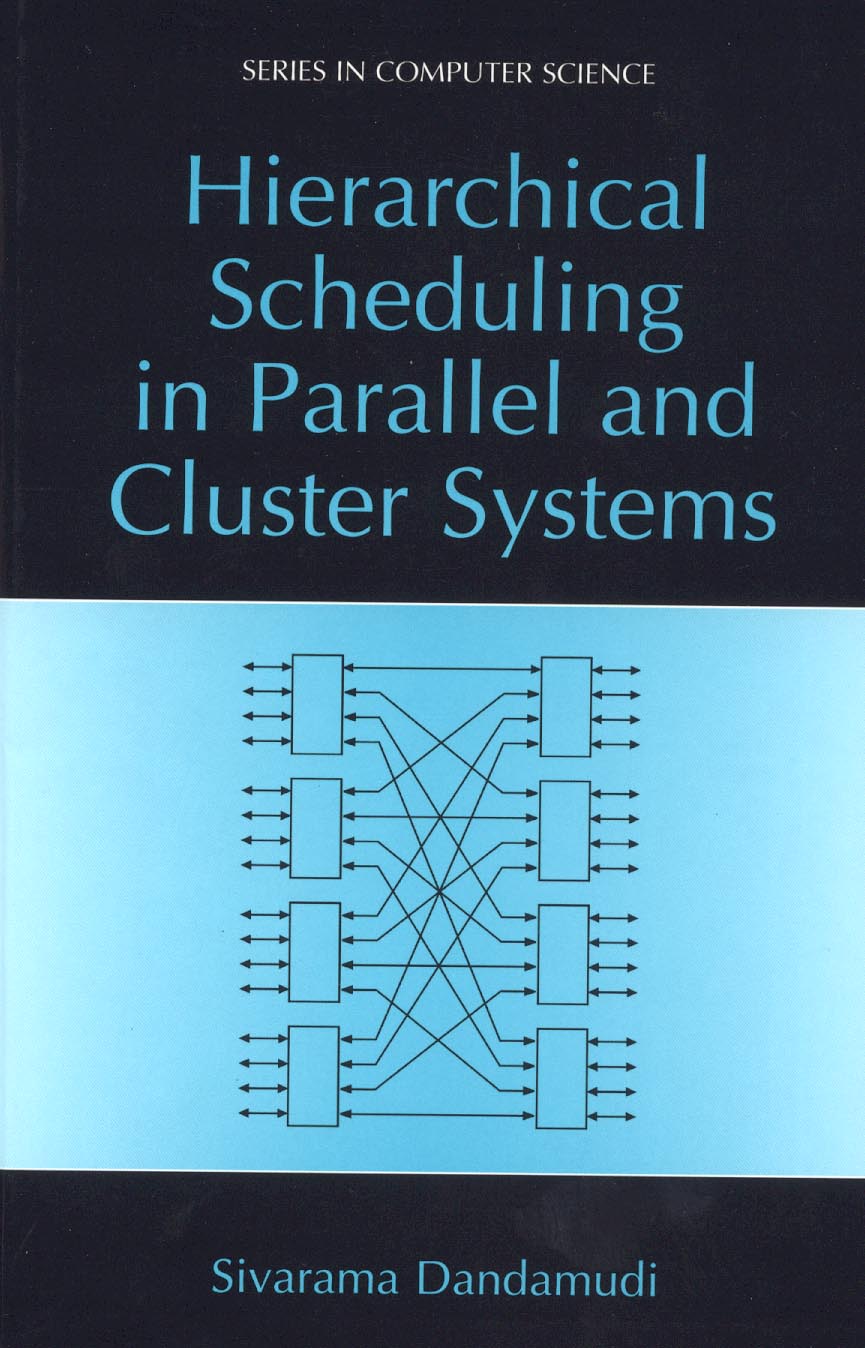
 |
Hierarchical Scheduling in Parallel and Cluster Systems |
|
From The PublisherParallel job scheduling has been extensively studied over the last two decades. Initial focus of these studies has been on small UMA architectures. More recent interest is in the cluster systems. A job scheduling policy that works effectively for small UMA systems might not work for large distributed-memory systems with thousands of processors. Thus, scalability is an important characteristic of a scheduling policy if we want to use it in large distributed-memory systems. In this book, the author presents a hierarchical scheduling policy that scales well with system size. This policy is based on the hierarchical task queue organization he introduced to organize the system run queue. More DetailsFor more details, please see the Table of Contents PDF file. AvailabilityYou can order the book directly from the publisher. Kluwer Academic/Plenum Publishers |